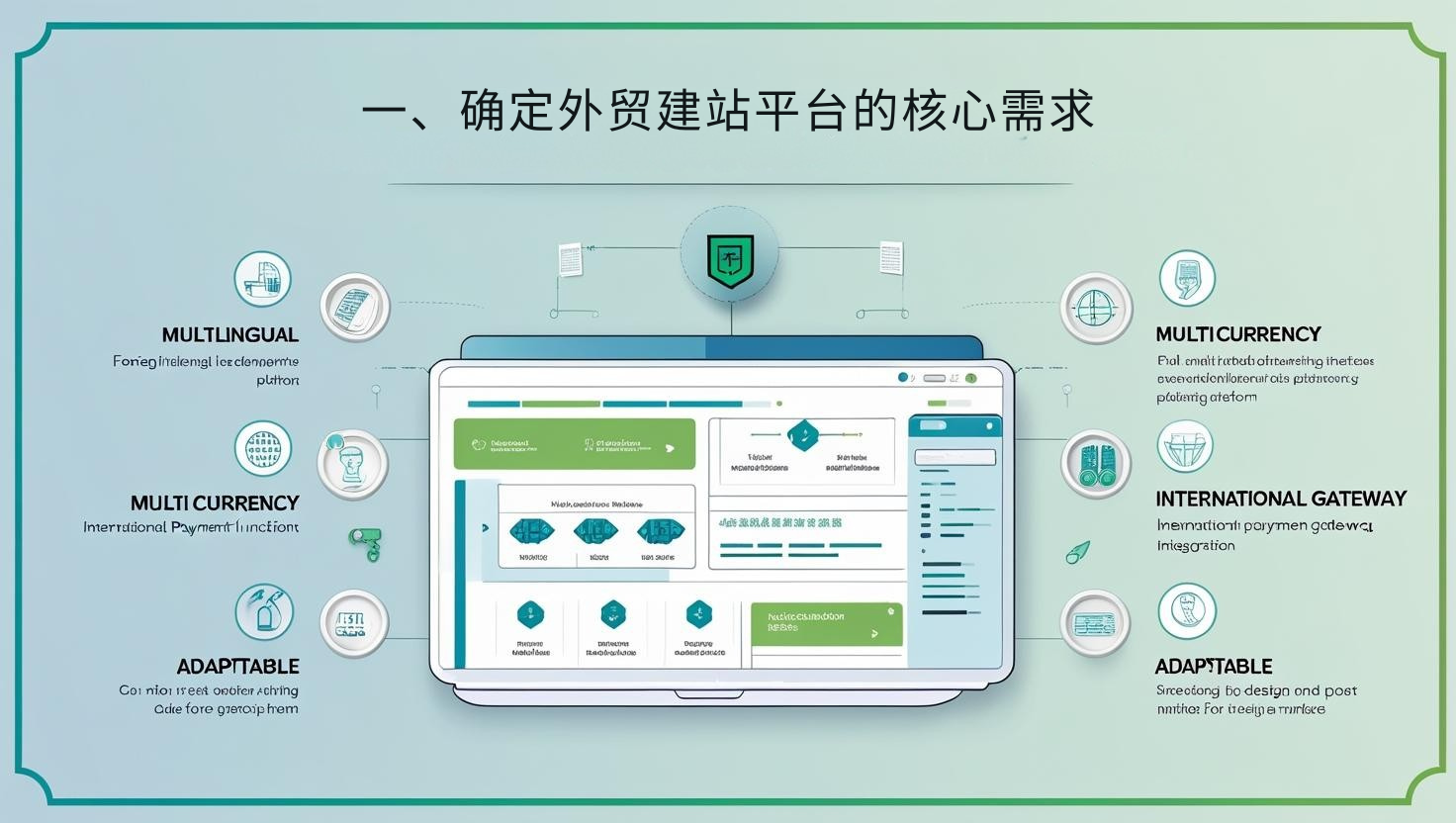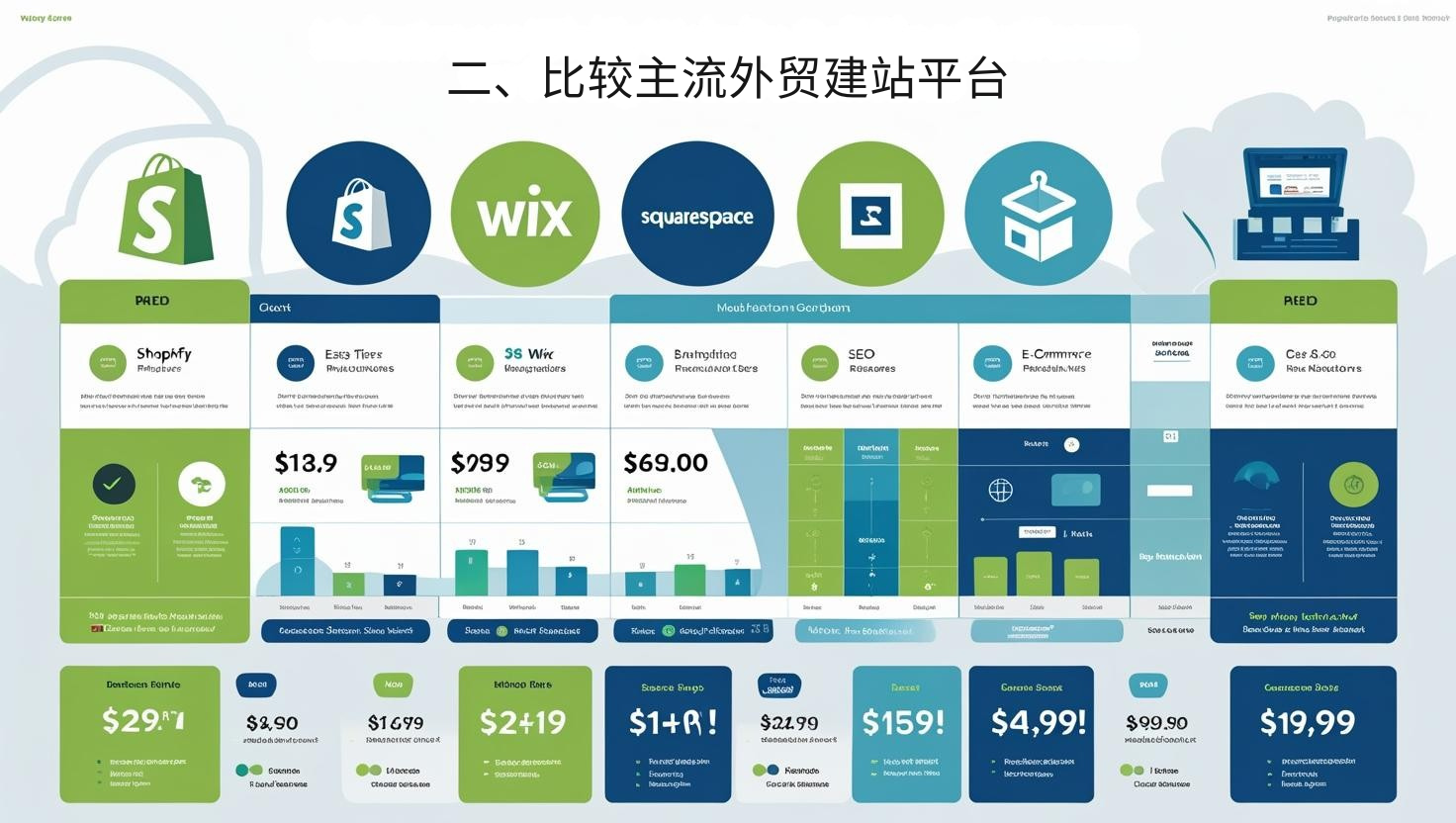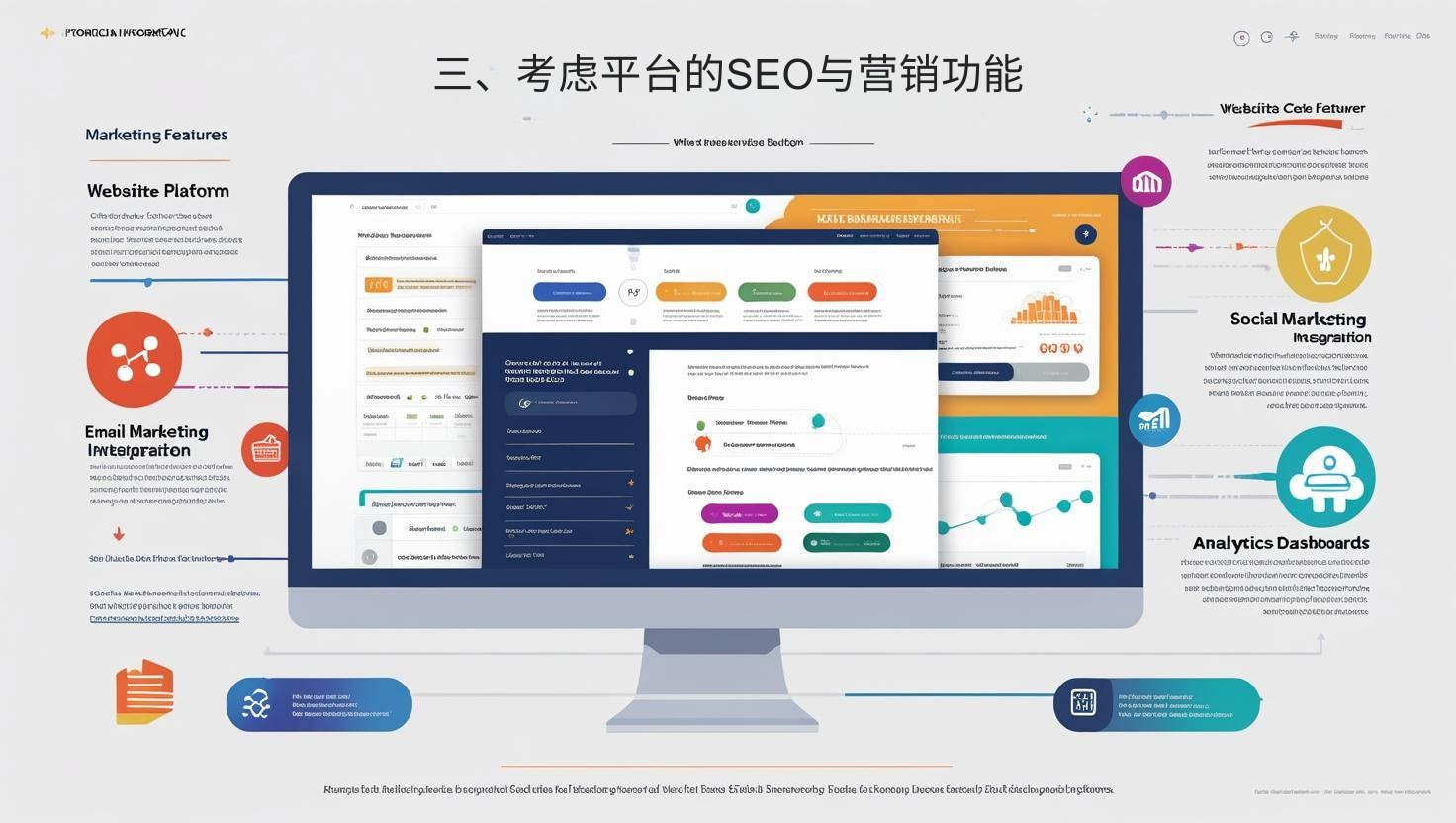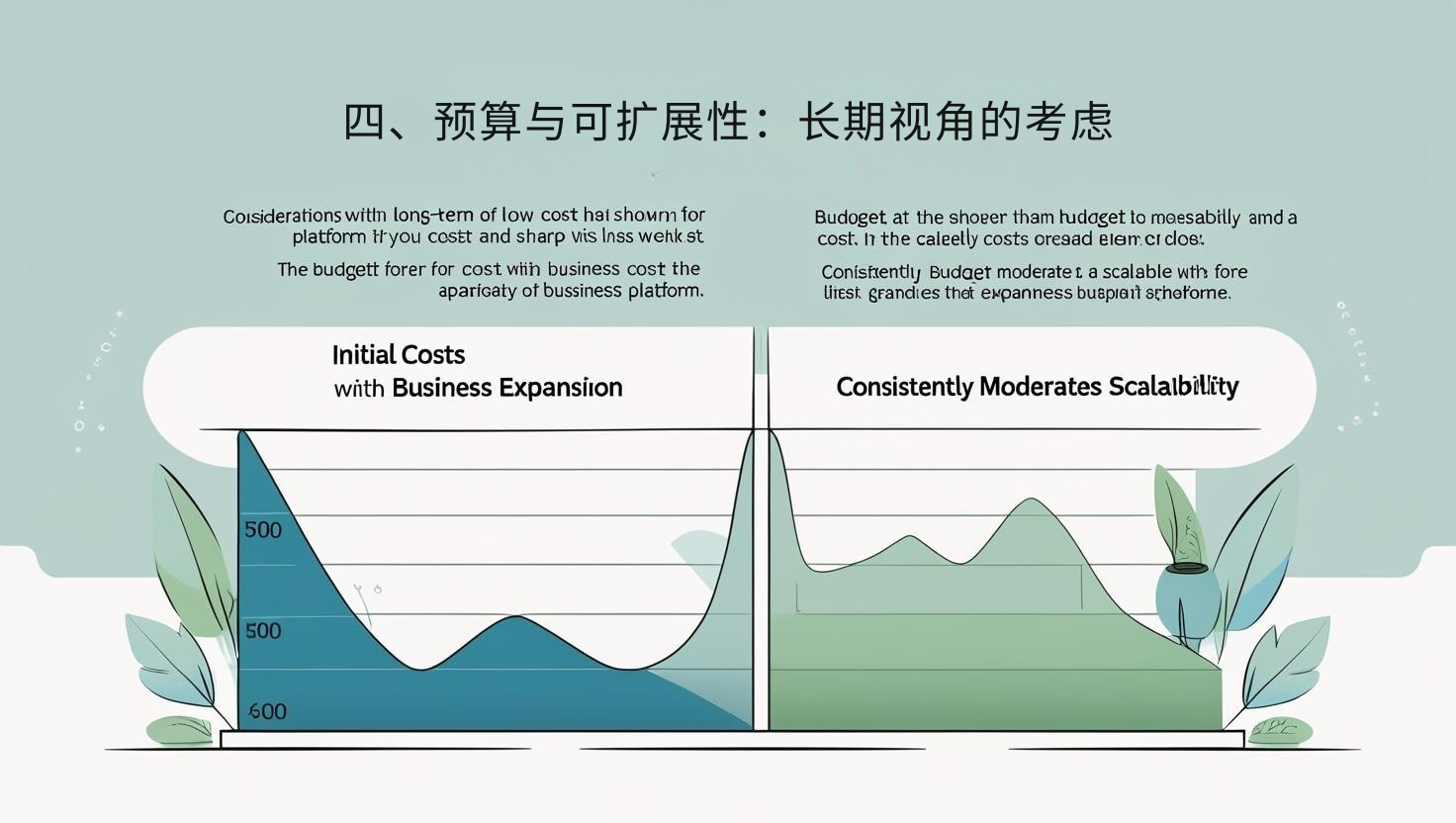1. Identify the Core Requirements of a Foreign Trade Website Building Platform
Before selecting a website building platform, companies need to clearly define their business needs. Building a website for international trade not only requires support for multiple languages and currencies but also features that adapt to the international market. Therefore, choosing a platform that meets these requirements is crucial. Here are a few key points:
-
Multi-language support: Cross-border e-commerce websites need to support multiple languages to facilitate browsing and shopping for customers from all over the world.
-
Multi-currency payment: The platform should support settlement in multiple currencies and offer a variety of payment methods, such as credit cards, PayPal, and Alipay.
-
Responsive design: Ensure your website provides a good user experience across different devices, including mobile and desktop.
-
Easy-to-manage backend: Choose an easy-to-use backend system that makes it easy to manage products, inventory, orders, and customer information.
According to Statista, over 50% of global e-commerce traffic comes from mobile devices, so ensuring your website building platform supports responsive design is crucial [Source: Statista].
II. Comparison of Mainstream Foreign Trade Website Building Platforms
Currently, there are many website building platforms suitable for foreign trade companies on the market, each with its own advantages and applicable scenarios. Below is a comparison of several major platforms to help you choose the best one for building a website for international trade.
-
Shopify: Suitable for small and medium-sized businesses, it offers powerful e-commerce features and is easy to set up and manage. It supports global payments and multiple languages, but has some limitations in customization and scalability, making it suitable for businesses with limited budgets and who don't require high customization.
-
WooCommerce (based on WordPress): Suitable for businesses that require high customization, with a rich and flexible plugin library. WooCommerce supports multiple languages and currencies, making it the preferred platform for many medium- to large-sized businesses, particularly those with technical teams. However, initial setup and maintenance costs are relatively high.
-
BigCommerce: Suitable for medium- to large-sized foreign trade businesses, it offers powerful built-in e-commerce functionality, multilingual and multi-currency support, and a variety of integration features. BigCommerce offers relatively high scalability and customization options, making it suitable for larger foreign trade businesses.
-
Wix: Suitable for small, budget-conscious businesses, Wix offers a variety of templates and easy-to-use drag-and-drop functionality. It supports basic e-commerce features and multiple languages, but its scalability is limited for businesses with complex needs.
According to MarketWatch data, approximately 38% of global e-commerce merchants choose Shopify as their website building platform due to its ease of use and comprehensive e-commerce features [Source: MarketWatch].
Third, Consider the Platform's SEO and Marketing Features
When choosing a platform for building your foreign trade website, SEO (search engine optimization) and marketing features are crucial factors that cannot be ignored. A website building platform's SEO capabilities directly impact a website's visibility and search engine rankings, while good marketing tools can help businesses increase user engagement and conversion rates.
-
SEO-friendly features: The platform should support basic SEO optimization features, such as customizable URLs, title tags, meta descriptions, and automatically generated sitemaps.
-
Integrated marketing tools: For example, email marketing, social media integration, discount and coupon features, etc. It helps businesses easily promote their products and stay connected with customers.
-
Analysis and Reporting: Integrated data analysis tools, such as Google Analytics, help businesses monitor key metrics like traffic and conversion rates in real time and adjust marketing strategies.
Fourth, Budget and Scalability: Long-Term Considerations
Initial Budget: For startups or small companies with limited budgets, it's recommended to choose a simple, low-cost platform like Shopify or Wix.
Long-term Scalability: As your international trade business expands, you may need a platform with greater customization, more payment methods, and other business needs. Therefore, choosing a more scalable website building platform like WooCommerce or BigCommerce can better support your business's future growth.
Conclusion: Choosing the Most Suitable Website Building Platform
Choosing the right website building platform is the first step to building a successful cross-border e-commerce website. Companies need to make an informed choice based on their business needs, budget, target market, and other factors. When making a decision, businesses should also consider the platform's SEO optimization features, marketing tools, and long-term scalability to ensure it can support their continued growth.
By understanding the pros and cons of different platforms, you can choose the best foreign trade website building platform for your business and lay a solid foundation for your brand's international development. 










